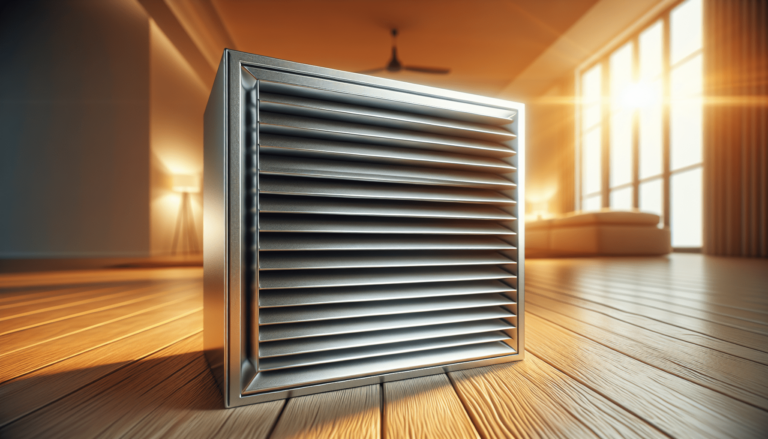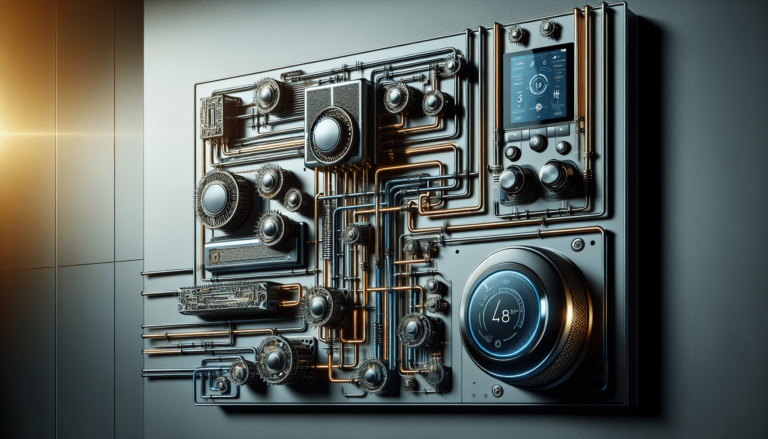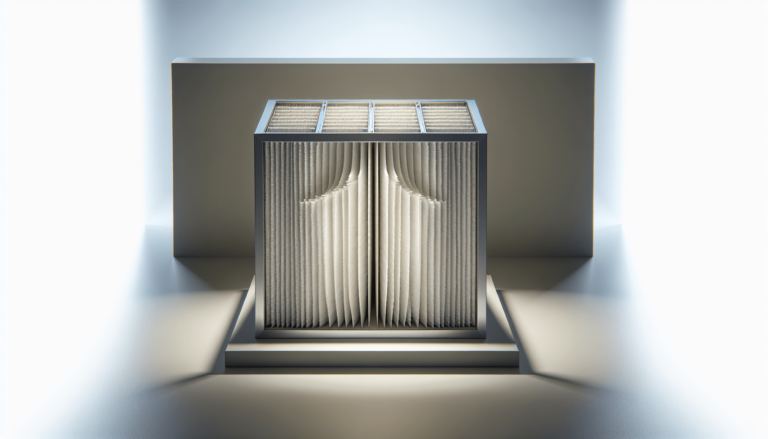

HVAC Services
Get Professional Repairs From The Area's Trusted HVAC Technicians. Ask About Our Services! We Offer Professional Heating & Cooling System Repairs And Guarantee Long-Lasting Results.
Got Question? Call us: (850) 678-2665Financing
HVAC Air Filters: Which One Is Right For You?
Discover the right HVAC air filter for your needs! From fiberglass to HEPA filters, we'll help you make an informed decision. Improve your air quality today!
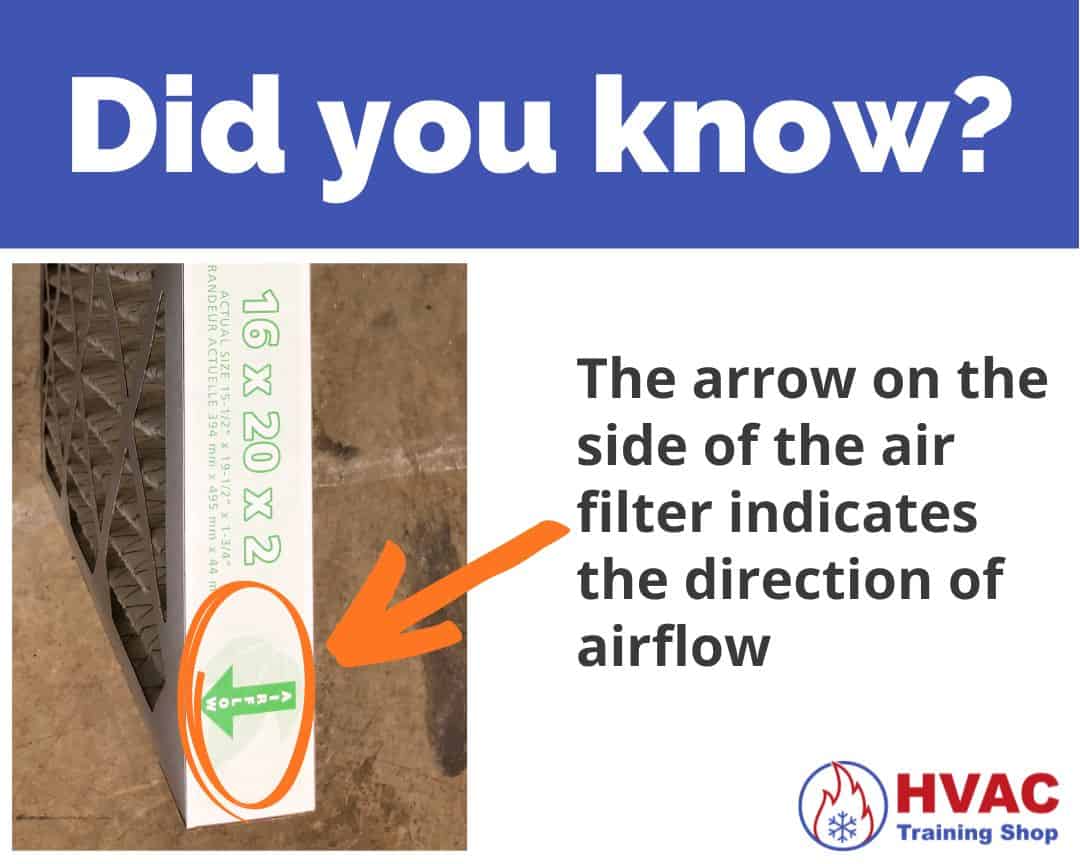
Are you feeling overwhelmed and unsure about which HVAC air filter is the perfect fit for your needs? Look no further! In this article, we’ll guide you through the different types of HVAC air filters available, helping you make an informed decision. Whether you’re worried about allergens, dust, or just maintaining clean air in your home, we’ve got you covered. With so many options out there, it’s important to choose the right air filter for your HVAC system, and we’re here to help you do just that. So let’s dive in and find the perfect HVAC air filter for you!
Types of HVAC Air Filters
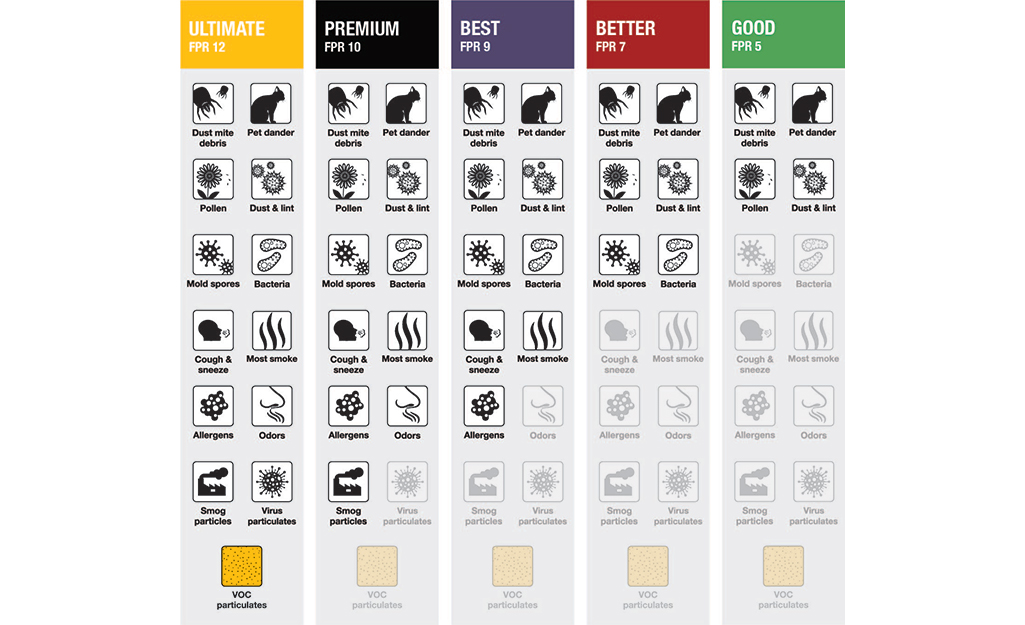
This image is property of contentgrid.homedepot-static.com.
Fiberglass Filters
Fiberglass filters are one of the most common types of HVAC air filters. These filters are made of layered fiberglass fibers, which create a dense mesh-like structure. The fibers are formed into a tightly woven material that allows air to pass through while capturing larger particles. Fiberglass filters are typically disposable and inexpensive.
Pleated Filters
Pleated filters, as the name suggests, are made up of pleats or folds. These folds increase the surface area of the filter, allowing for better air filtration. Pleated filters are constructed using a variety of materials such as cotton, polyester, or a combination of both. They are more effective at capturing smaller particles compared to fiberglass filters.
Electrostatic Filters
Electrostatic filters are designed to attract and capture particles using an electrostatic charge. These filters are made of layers of woven materials with an electrostatic charge applied to them. The charge attracts particles, similar to a magnet, and traps them within the filter. Electrostatic filters are washable and reusable, making them a more environmentally friendly option.
HEPA Filters
High-Efficiency Particulate Air (HEPA) filters are known for their exceptional air filtration abilities. These filters are made from a dense mat of randomly arranged fibers, typically composed of fiberglass. HEPA filters are capable of capturing 99.97% of particles that are 0.3 microns or larger in size. They are commonly used in medical facilities, laboratories, and other environments where air quality is crucial.
Activated Carbon Filters
Activated carbon filters are specifically designed to remove odors and chemical contaminants from the air. These filters consist of a layer of activated carbon, which is highly porous and capable of adsorbing harmful gases and odor-causing molecules. Activated carbon filters are often used in conjunction with other types of filters to provide comprehensive air purification.
Factors to Consider When Choosing an HVAC Air Filter
Air Filtration Efficiency
One of the most important factors to consider when choosing an HVAC air filter is its air filtration efficiency. This refers to the filter’s ability to capture and remove airborne particles from the air. Different types of filters have varying levels of filtration efficiency, so it’s crucial to select one that matches your specific needs.
Allergen Protection
If you or someone in your household suffers from allergies or asthma, allergen protection should be a top priority. Look for filters that are effective at capturing common allergens such as dust mites, pollen, mold spores, pet dander, and even bacteria and viruses.
Lifespan
The lifespan of an HVAC air filter refers to how long it can effectively filter the air before it needs to be replaced. Some filters may have a longer lifespan and require less frequent replacements, while others may need to be changed more often. Consider your lifestyle and the air quality in your area when determining the ideal filter lifespan.
Cost
Cost is an important consideration when choosing an HVAC air filter. Some filters may be more expensive upfront but have a longer lifespan, making them more cost-effective in the long run. On the other hand, cheaper filters may require more frequent replacements, resulting in higher overall costs. Find a balance between cost and performance that fits your budget.
Maintenance
maintenance requirements can vary between different types of filters. Some may need to be replaced regularly, while others can be cleaned and reused. Consider the maintenance requirements of each filter option and choose one that aligns with your capabilities and preferences.
Fiberglass Filters
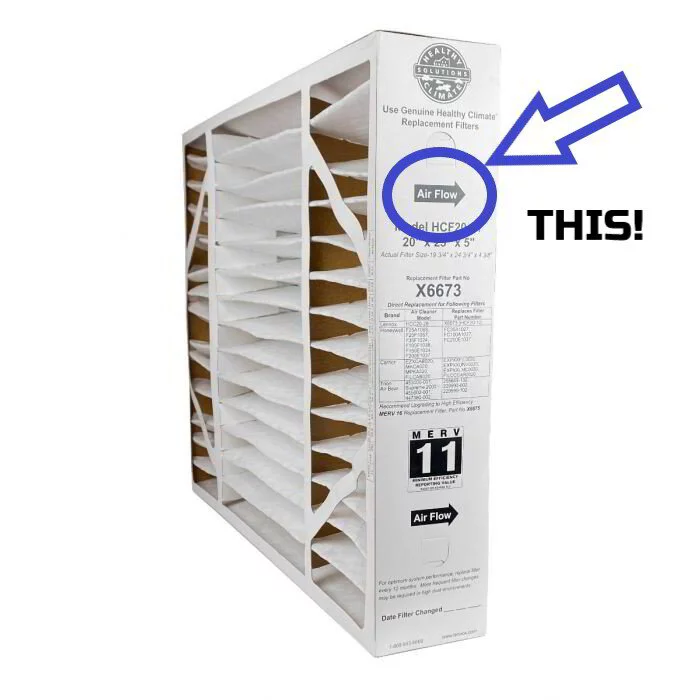
This image is property of phyxter.ai.
Description and Construction
Fiberglass filters are made of layered fiberglass fibers, tightly woven to create a dense mesh structure. These filters are available in various sizes to fit different HVAC systems. They are typically disposable and have a cardboard frame for added sturdiness.
Air Filtration Efficiency
Fiberglass filters are not as efficient at capturing smaller particles as some other filter types. They are predominantly designed to capture larger particles such as dust, lint, and hair. Fiberglass filters typically have a MERV (Minimum Efficiency Reporting Value) rating between 1 and 4, indicating their lower efficiency compared to other options.
Advantages
One of the main advantages of fiberglass filters is their affordability. They are generally the least expensive option on the market, making them a popular choice for budget-conscious homeowners. Fiberglass filters also allow for good airflow due to their low resistance, which can help maintain optimal HVAC system performance.
Disadvantages
While fiberglass filters are inexpensive and allow for good airflow, they have limitations in terms of air filtration efficiency. They are not as effective at capturing smaller particles and may need more frequent replacements to maintain air quality. If you have specific filtration needs or suffer from allergies, fiberglass filters may not provide adequate protection.
Pleated Filters
Description and Construction
Pleated filters are made up of layers of pleats, which increase the surface area available for air filtration. They are usually constructed using cotton, polyester, or a combination of both. The pleats are held in place by a frame, typically made of cardboard or metal.
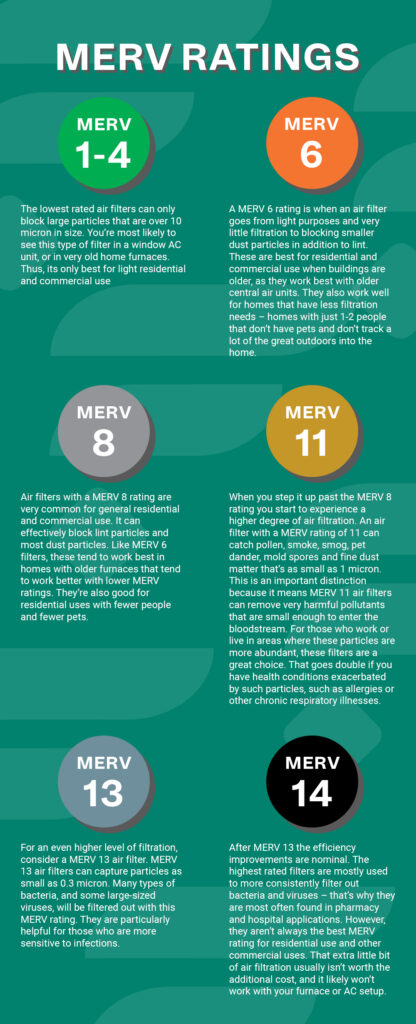
This image is property of s3.amazonaws.com.
Air Filtration Efficiency
Pleated filters are generally more efficient at capturing smaller particles compared to fiberglass filters. Some pleated filters have a MERV rating as high as 13, indicating their effectiveness at capturing a wide range of particles, including pollen, pet dander, mold spores, and more.
Advantages
The increased surface area of pleated filters translates to improved air filtration efficiency. They are capable of capturing a broader range of particles and may provide better allergen protection. Pleated filters also tend to have a longer lifespan compared to fiberglass filters, reducing the frequency of filter replacements.
Disadvantages
One potential disadvantage of pleated filters is their higher price compared to fiberglass filters. However, the improved filtration efficiency and longer lifespan often justify the higher cost. Pleated filters may also slightly reduce HVAC system airflow due to their denser construction, which is an important consideration for optimal system performance.
Electrostatic Filters
Description and Construction
Electrostatic filters are constructed using layers of woven materials coated with an electrostatic charge. The electrostatic charge attracts airborne particles, allowing them to be trapped within the filter. These filters are designed to be washable and reusable, making them an environmentally friendly option.
Air Filtration Efficiency
Electrostatic filters are known for their high air filtration efficiency. The electrostatic charge attracts particles of various sizes, ranging from dust and pollen to pet dander and even smaller bacteria and viruses. They are capable of capturing a wide range of particles, although the efficiency may vary depending on the specific filter model.
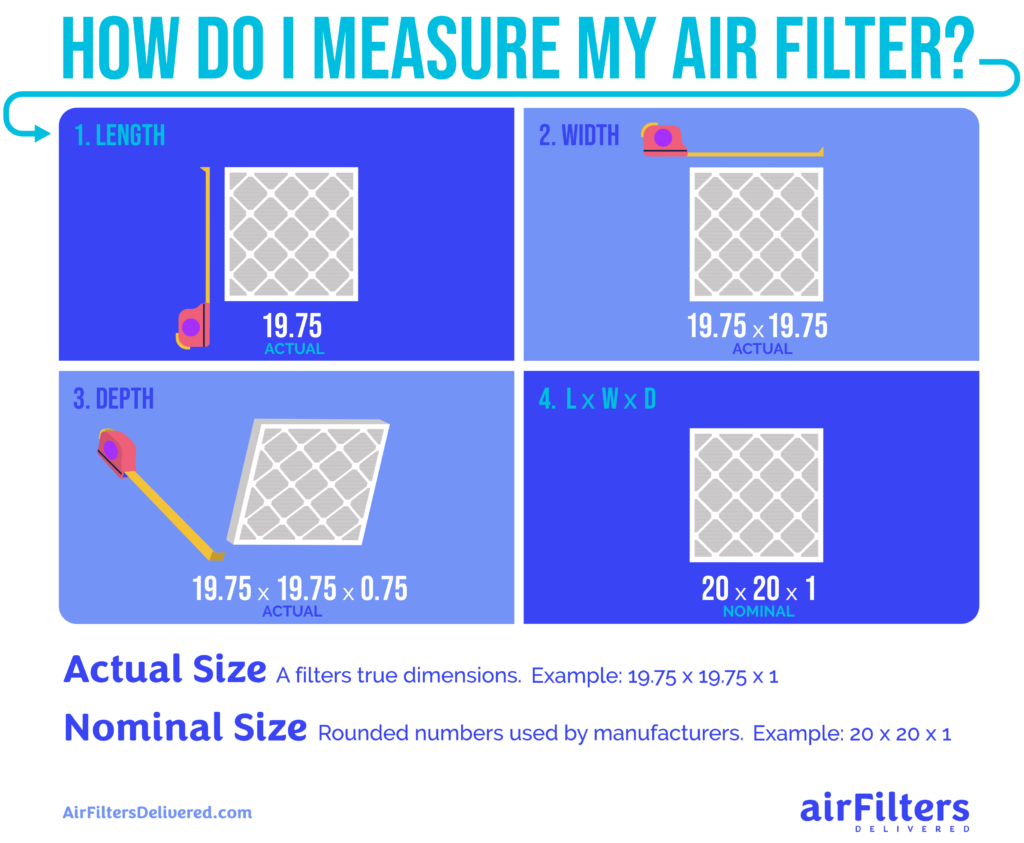
This image is property of cdn.shopify.com.
Advantages
One of the main advantages of electrostatic filters is their washable and reusable nature. Instead of constantly replacing disposable filters, you can simply wash and reinstall electrostatic filters, reducing waste and long-term costs. These filters are also effective at removing a wide range of particles, ensuring cleaner and healthier indoor air.
Disadvantages
Electrostatic filters may have a higher initial cost compared to disposable filters. Additionally, the electrostatic charge on the filter may diminish over time, reducing its effectiveness. Regular cleaning is necessary to maintain the filter’s electrostatic charge and optimal performance. It is important to follow the manufacturer’s instructions for proper maintenance.
HEPA Filters
Description and Construction
HEPA filters are made from a dense mat of randomly arranged fibers, typically composed of fiberglass. They are designed to meet strict standards set by the High-Efficiency Particulate Air (HEPA) filtration standards. HEPA filters are available in various sizes and configurations to accommodate different HVAC systems.
Air Filtration Efficiency
HEPA filters are highly efficient at capturing airborne particles. They are capable of trapping 99.97% of particles that are 0.3 microns or larger in size. This makes them extremely effective at removing allergens, bacteria, viruses, and other contaminants from the air. HEPA filters are commonly used in environments where air quality is critical, such as medical facilities and cleanrooms.
Advantages
The main advantage of HEPA filters is their exceptional air filtration efficiency. They are unmatched in their ability to capture even the smallest particles, ensuring the highest level of indoor air quality. HEPA filters provide excellent allergen protection and are highly recommended for individuals with respiratory conditions and allergies.
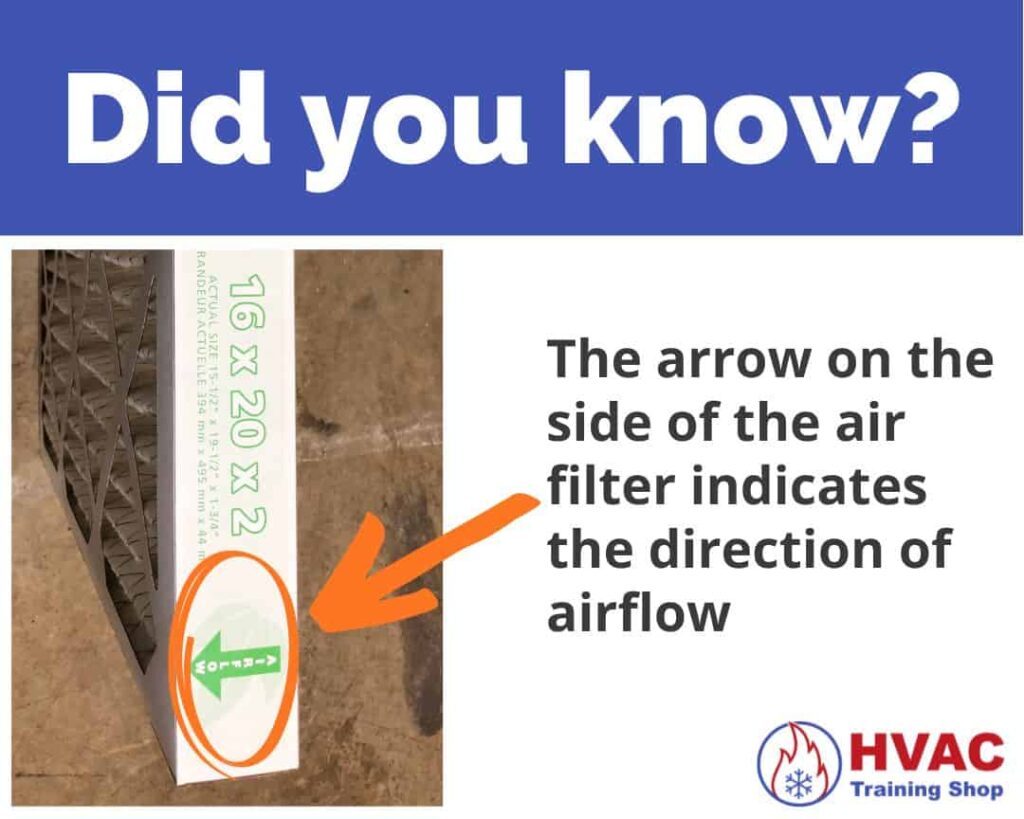
This image is property of hvactrainingshop.com.
Disadvantages
HEPA filters can be relatively expensive compared to other filter types. Additionally, their dense construction may restrict airflow, potentially affecting HVAC system performance. Regular filter replacements are necessary to maintain the filter’s effectiveness, as a clogged HEPA filter may impede airflow and reduce filtration efficiency.
Activated Carbon Filters
Description and Construction
Activated carbon filters are designed specifically to remove odors and chemical contaminants from the air. These filters consist of a layer of activated carbon, which is a highly porous material capable of adsorbing harmful gases, volatile organic compounds (VOCs), and odor-causing molecules.
Air Filtration Efficiency
Activated carbon filters excel at removing volatile organic compounds, smoke, and odors from the air. They are less effective at capturing particulate matter such as dust or pollen compared to other filter types. Activated carbon filters are often used in combination with other filters to provide comprehensive air purification.
Advantages
The primary advantage of activated carbon filters is their ability to remove odors and chemical contaminants from the air. They are particularly useful in environments where there are strong odors or potential exposure to harmful gases. Activated carbon filters can greatly improve the indoor air quality and provide a more pleasant living environment.
Disadvantages
One potential disadvantage of activated carbon filters is their limited effectiveness in capturing particulate matter. They may not be the best option if your main concern is removing dust or allergens from the air. Activated carbon filters also require periodic replacement, as the activated carbon becomes saturated over time and loses its effectiveness.
Air Filtration Efficiency
MERV Ratings
Minimum Efficiency Reporting Value (MERV) is a rating system used to assess the efficiency of air filters. The scale ranges from 1 to 20, with higher numbers indicating better filtration capabilities. MERV ratings take into account the filter’s ability to capture various particle sizes, providing a standardized way to compare different filters.
Microparticle Performance Rating (MPR)
The Microparticle Performance Rating (MPR) is a measurement developed by 3M to assess the filtration effectiveness of filters, specifically targeting smaller particles. MPR ratings focus on capturing particles in the range of 0.3 to 1 micron in size, which are often missed by traditional MERV ratings.
High-Efficiency Particulate Air (HEPA) Standards
HEPA filters follow a stringent set of standards established by the U.S. Department of Energy. To meet HEPA standards, filters must be capable of capturing at least 99.97% of particles that are 0.3 microns or larger. HEPA filters are the gold standard when it comes to air filtration efficiency.
Allergen Protection
Dust
Dust particles are a common allergen and can trigger allergic reactions or exacerbate existing respiratory conditions. Choose filters that have a high MERV or MPR rating to effectively capture dust particles and maintain a dust-free home environment.
Pollen
Pollen is another prevalent allergen, especially during the spring and summer months. Look for filters with a high MERV or MPR rating to effectively capture pollen particles and provide relief for allergy sufferers.
Mold
Mold spores are a common indoor allergen and can be particularly problematic for individuals with mold allergies or respiratory conditions. Select filters that are effective at capturing mold spores to prevent their spread and reduce the risk of health issues associated with mold exposure.
Pet Dander
Pet dander is a common allergen for those with pet allergies. Filters with a high MERV or MPR rating can help capture pet dander particles and provide relief for individuals with pet allergies.
Bacteria and Viruses
While not all filters are designed to capture bacteria and viruses, certain high-efficiency filters, such as HEPA filters, can effectively remove airborne bacteria and viruses from the air. If you require protection against bacteria and viruses, choose filters with a high MERV rating or HEPA filters.
Maintenance
Changing Filters
Regular filter changes are essential to maintain optimal air filtration efficiency. Follow the manufacturer’s guidelines for filter replacement, as different filters may require more frequent changes. In general, disposable filters should be replaced every 1 to 3 months, while washable filters should be cleaned regularly according to the manufacturer’s instructions.
Cleaning Filters
If you have washable filters, proper cleaning is crucial to maintain their effectiveness. Follow the manufacturer’s instructions for cleaning, which may involve rinsing the filter with water and allowing it to dry completely before reinstalling. Avoid using harsh chemicals or excessive force, as this can damage the filter material.
Filter Monitoring
Regularly monitor your HVAC air filter to assess its condition and determine if it needs to be replaced or cleaned. Check for visible debris or discoloration that may indicate a clogged or dirty filter. Some filters come with filter change indicators that notify you when it’s time for a replacement.
By considering factors such as air filtration efficiency, allergen protection, lifespan, cost, and maintenance, you can make an informed decision when choosing an HVAC air filter. Whether you opt for the affordability of fiberglass filters, the enhanced filtration of pleated filters, the electrostatic attraction of electrostatic filters, the exceptional efficiency of HEPA filters, or the odor-removing properties of activated carbon filters, there is a filter type to meet your specific needs. Invest in the right HVAC air filter to improve your indoor air quality and create a healthier home environment.





